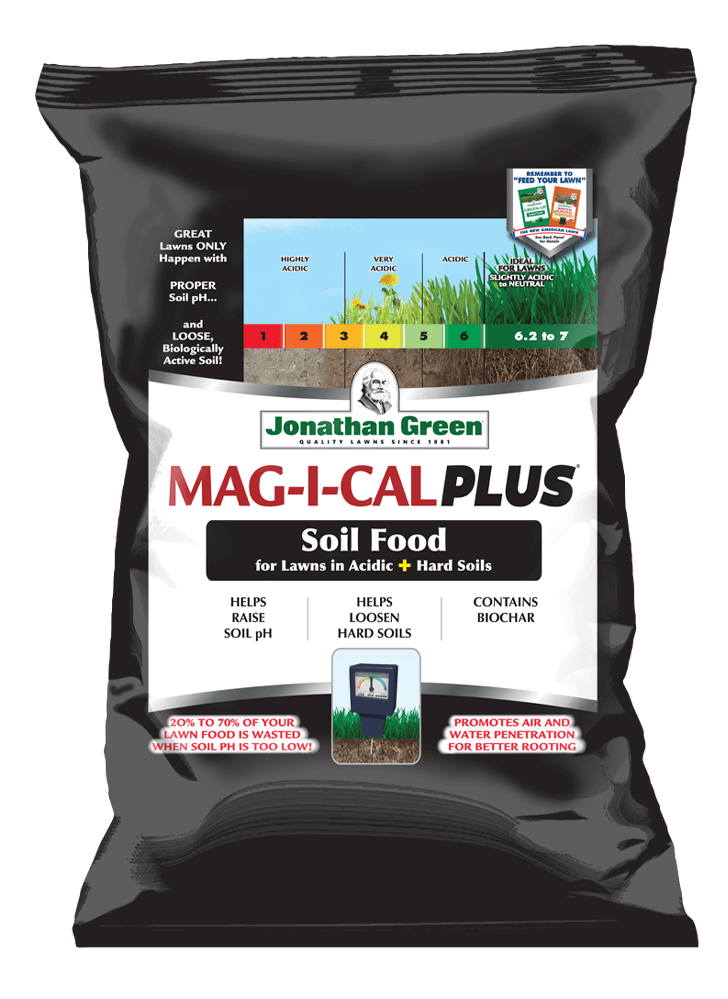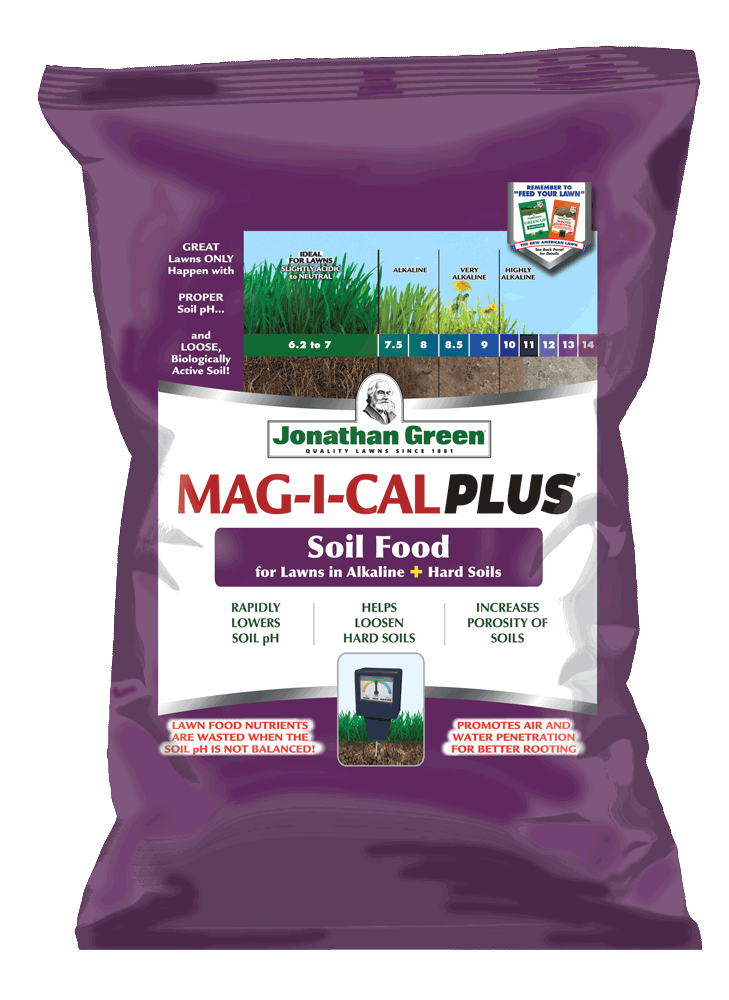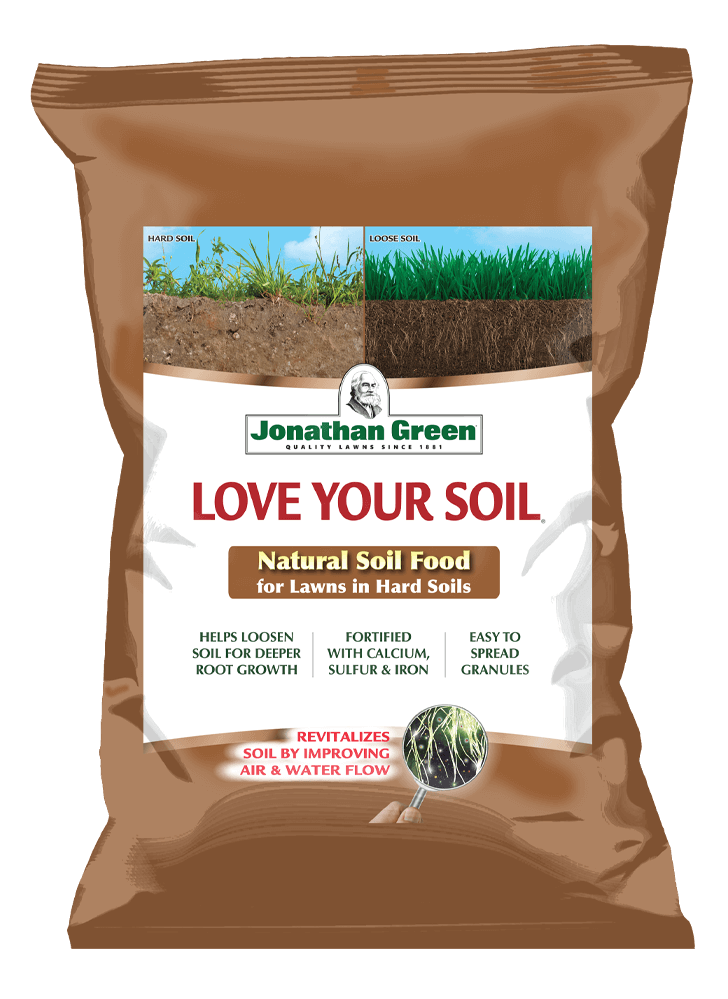Why Is Compaction Bad for Soil?
Why is soil compaction bad? When you’re trying to grow a lush, healthy lawn, compaction will force grass plant roots to work harder to penetrate the soil and make it more difficult for them to get the nutrients and water they need. Learn more from the professionals at Jonathan Green, and find out what you can do about compacted soil.
The Jonathan Green name has represented genetically superior grass seed, innovation, integrity, determination, and a commitment to excellence since 1881. We supply grass seed, soil enhancers, fertilizer, and organic lawn and garden products to professional customers, such as sod growers and independent retailers, throughout the United States.
About Soil Compaction
There is a direct connection between the amount of organic matter present in the soil and the number of microorganisms. The organic matter is created as plants and animals on the surface and in the soil die and are decayed by bacteria and fungi. They are ultimately converted to humus, a carbon-rich, dark-colored organic material.
The humus and clays in the soil attract and hold mineral particles and provide a home for the countless number of microbes, bacteria and fungi. It is only through the actions of these microbes, bacteria and fungi that the nutrients in the fertilizer you apply, or in the soil itself, are liberated for use by the grass plants.
Compaction occurs when microorganisms consume most of the organic matter in the soil. This compresses the soil particles and reduces the pore space between them, making the soil too dense and preventing roots from getting to the air, water, and nutrients they need.
Is Your Soil Compacted?
To find out if you have compacted soil, try pushing a screwdriver into the soil. It should be able to easily penetrate at least six inches deep. You can also remove a chunk of soil from the turf and dig into the soil below with a spade. If the soil is hard to get through, then you have hard (compacted) soil.
Improving Compacted Soil
You can loosen compacted soil in a number of ways. For larger lawns, try a core aerator, a gas-powered machine that removes small plugs of soil from the ground. You can also do it manually with a manual core aerator that has a handle, a foot bar, and several hollow tines or spikes. Hold the handle with both hands while you drive it into the soil.
For longer-lasting results, consider adding humate-rich, gypsum-based amendments to the soil. These amendments will foster earthworm populations to support natural, biologic aeration of the soil. Gypsum-based amendments will assist in natural aeration of the soil.
Jonathan Green MAG-I-CAL® Plus is a natural, humate-rich, three-in-one “soil food” that will loosen hard soil, stimulate soil microbes, and adjust soil pH. It breaks up compacted soil for better air, water, nutrient, and root penetration. The product is available for Mag-I-Cal® Plus for Lawns in Acidic & Hard Soil or Mag-I-Cal® Plus for Lawns in Alkaline & Hard Soil. Plan to use it every season to keep your soil biology and chemistry balanced.
If the soil is very compacted, use Jonathan Green Love Your Soil® to loosen and aerate it organically. Love Your Soil® will also feed soil microbes, make the soil more alive and porous, enhance root development, and provide about 25% more soil-loosening power than MAG-I-CAL® Plus.
Mentioned Products
Visit Jonathan Green online or your nearest independent retail store for expert information about why compaction is bad for your soil. Our goal is to help you grow a stronger, more vigorous lawn.


